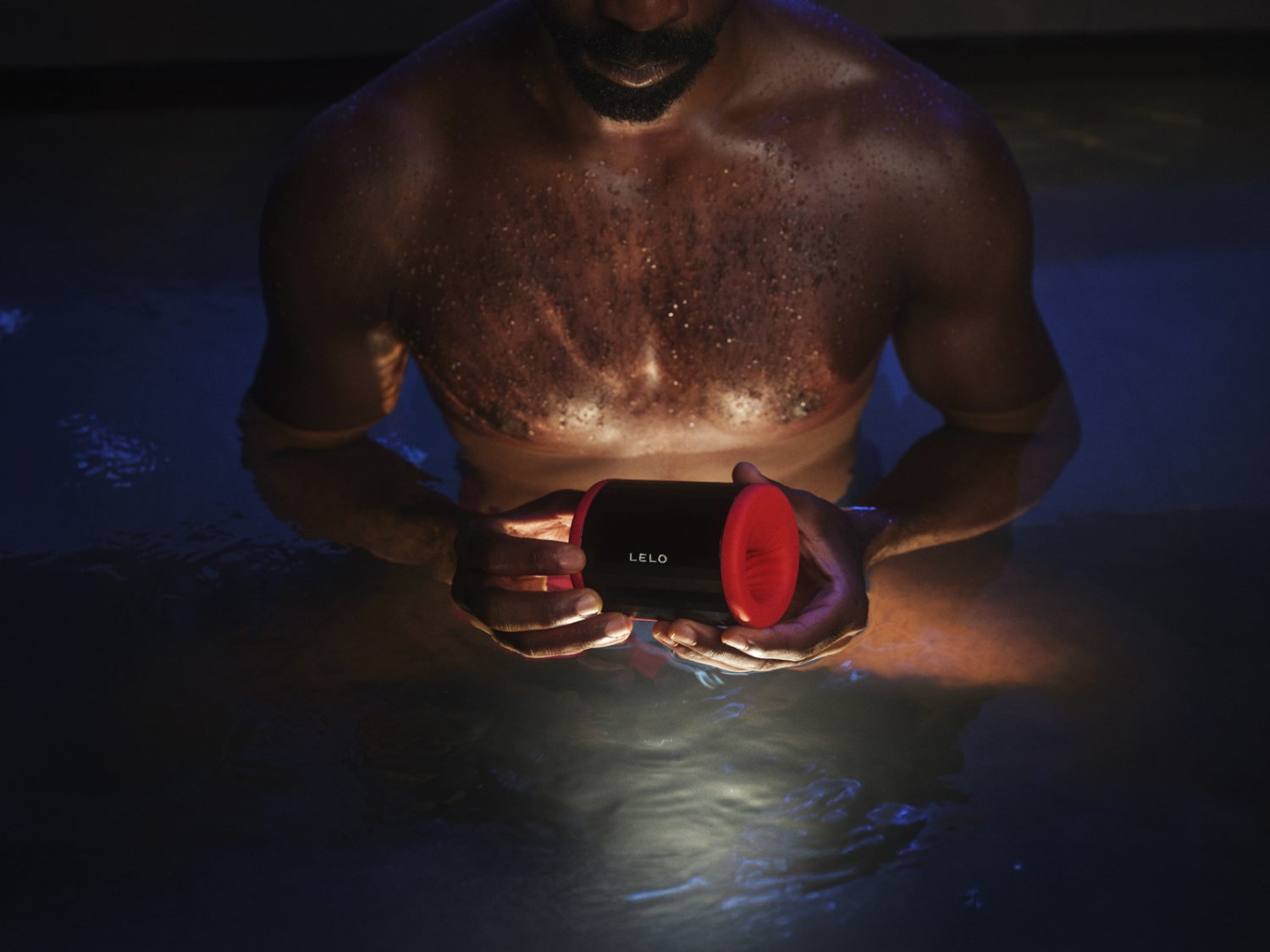Dear Emily,
I discovered last month that my partner cheated on me. I had a suspicious feeling…and when I confronted them about it, they confessed immediately. They are incredibly sorry for what they did and promised me it won’t happen again, but I feel just broken. I feel paranoid and scared like I can’t trust them completely, and I also feel inadequate, like our sex life must not have been satisfying to them if they felt compelled to step outside our relationship. I don’t want our partnership to end, but I feel stuck and don’t know how to heal or move on. Do you have any recommendations for us?
— The Cheated
* * *
Dear The Cheated,
I can hear in your letter the pain you’re experiencing right now, and I have so much compassion for the place that you’re in. Getting cheated on SUCKS, full stop. It sounds like you’re wondering whether you can still trust your partner after this, and it also sounds like this was a tremendous blow to your self-esteem. If I could reach through the computer screen and give you a hug right now, I would because you deserve comfort and care.
Moving on after infidelity can be incredibly hard…but, it’s also not impossible. I promise.
When you’re in a state of fight or flight (chances are, you’re vacillating back and forth between both right now), it’s difficult to access anything other than self-protection. So the first thing we need to do is calm your nervous system and help you feel safe again. From there, you then collaborate with your partner on the next steps forward.
Here’s what I recommend to find that place of safety, and begin the work of moving on:
1. Seek a quality couples counselor.
There’s a therapy saying that goes, “you can’t use a broken instrument to fix the instrument itself,” and right now, you and your partner both have broken instruments. (Aka, your brains.) What you both need is a compassionate third party who can provide a stable container, for the healing work to begin.
Think of therapy like a cast: yes, there’s an injury on the inside, but the cast is keeping things in place while your body does its thing. So this is one hundred percent the first step I recommend, and these days, affordable, remote options for therapy abound. Even if you decide to ultimately evolve out of this relationship, seeking a good counselor is the best investment you can make right now in your quality of life.
2. Keep the lines of communication open.
Being cheated on is enough to make anyone feel powerless, and so it’s very tempting to reclaim your power by doing what you can: namely, punishing the other person by withholding your affection.
This is a completely understandable reaction. The problem is, it’s also a behavior that fails to deliver long-term, positive results. Is it momentarily satisfying to hurt your partner, just like they hurt you? Possibly. But that satisfaction is going to run its course, and then, what are you left with? A lack of information about why they cheated in the first place.
So even if it starts small and transactional – like making a grocery list together – try to recreate the habit of conversation. It’s not just kindness to the partner who betrayed your trust: it’s kindness to yourself, by allowing for the possibility of collaborative communication.
3. Remind yourself that ruptures are also opportunities.
This is probably the last thing you want to hear right now, because when someone’s been cheated on, what they usually need is validation. Validation that they’ve been hurt and wronged, and yes, you have definitely been both of those things. If our family of origin was one in which our pain wasn’t taken seriously, this can be a particularly deep desire, because our inner child is crying out: “somebody helps me. Somebody take my pain seriously. This hurts so badly and I just want someone to see it.”
So I’m going to recommend some self-compassion before the victim/aggressor dynamic crystallizes into a permanent dynamic. Did your partner make a mistake? Absolutely. But if you can find a way to nurture yourself with a loooot of self-care (sensory experiences that soothe you, counseling, talking to friends, seeking out joyful activities), you are likely to see a doorway open inside your heart. This new truth about your partner can transform itself into deep intimacy…and possibly, eroticism, if we’re brave enough to walk through that door. And it’s also OK if you’re not ready, yet. But to quote Leonard Cohen, “there is a crack in everything, that’s how the light gets in.” You’ll know when you’ve softened enough to start seeing the possibilities.
4. Expect a new, different relationship.
No matter what, you are now stepping into an updated partnership. That could be one where you’re just friends now, or co-parents, or acquaintances. But if you want to stay together romantically and sexually (and it sounds like you do), things are definitely going to look different going forward. And that’s a great thing.
For starters: why did your partner cheat? Esther Perel has a line about why people in happy marriages cheat, and how sometimes, it’s less about an overwhelming desire for another person – and more about a desire for a different version of themselves. In the eyes of a new partner, we become an object of discovery. We are mysterious and interesting, and on some level, it’s nourishing to be regarded that way. We enjoy being a turn-on, being a source of fascination. This isn’t a weakness, either – it’s a sign that we’re human, not necessarily a sign that we don’t love our marriage or our primary partner. It’s also not a sign that we don’t desire our primary partner, because like it or not, desire has its own weather system. It can’t really be domesticated, and again, I say that not to scare you – but to give you a sense of optimism, for just how hot your relationship can become.
Then again, perhaps this was a way (however cowardly) to explore a different relationship model, and they really did desire another person, and your partner was too scared to discuss it with you directly. OR, maybe there are things inside your sexual dynamic they’d like to change…but for whatever reason, they’re nervous about expressing it. None of this is to dismiss your pain or say it’s easy to move on from infidelity, but rather, to humanize their impulses. This action was a breach of trust, but to heal the trust, it’s not very useful to tell someone to shut off their sexuality. What’s way more useful is to focus on a renewed relationship going forward, with updated communication protocols.
In this brand new chapter of your relationship, there has to be a willingness to speak one’s truth, and just as important, a willingness to receive the truth. To foster a kinder, more mutually satisfying partnership going forward, I recommend making curiosity a central value for both of you, knowing that their truth isn’t the death knell of your relationship. It’s data, and you get to decide how you want to work with it.
In conclusion…
The old way we treated infidelity was usually this: the cheater retreated to the doghouse, forever and always, and the cheated wielded this power (guilt) over them. But that doesn’t really take away the paranoia, does it? It just means you’ve replaced trust with handcuffs, and not the sexy kind.
Something tells me you don’t want to be your partner’s keeper; rather, you want to feel desired, and you want to trust them. No matter who was “at fault,” this was a dynamic that created the conditions for pain; now, it’s up to both of you to create the conditions for joy. Only you can say whether it’s worth it to stay, and put in the work. But you deserve happiness and a vital, beautiful relationship. And from your letter, I’m confident that you can both put the effort in, and create the kind of honesty and acceptance to move on from infidelity and build an even deeper and more intimate partnership.
xx,
Emily











